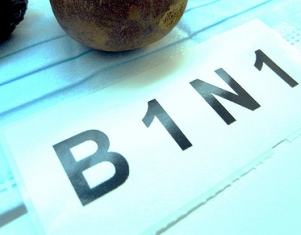B1N1 - Protein responsible for the contraction of heart identified
 The researchers have discovered a protein, called B1N1, that is necessary for the heart to contract.
The researchers have discovered a protein, called B1N1, that is necessary for the heart to contract.
The findings shed light not only on what makes a heart beat but also on heart failure, a disease where cardiac cells are no longer able to contract and pump blood through the body.
Robin Shaw, MD, PhD, an author of the study and a cardiologist in UCSF''s Heart Failure and Transplantation Service said," In all of us, a heart beat occurs about once every second. For each
successful heart beat, millions of individual heart muscle cells perform their own microscopic contractions, so the biology of normal heart function is based on the workings of individual heart
cells. There is now less mystery to how each heart cell organizes itself to contract.
Ting-Ting Hong, MD, PhD, lead author and postdoctoral fellow in the Shaw Laboratory at UCSF, had a mental image of calcium channels being carried on highways (known as microtubules)
directly to membrane docking stations in the T-tubules. Hong confirmed her hypothesis of directed delivery of the channels and identified the protein docking station as BIN1.
The study involved human heart cells and non-muscle cells that allowed researchers to recreate the delivery process using only the highways, channels and docking station. When the team
mutated the docking station (BIN1), they confirmed that, like in heart failure, the cascade of signaling events necessary for heart contraction become dysfunctional.
For investigators to understand what happens to the heart during heart failure, understanding how the heart cell organizes itself paves the way. (With Input from Agencies)